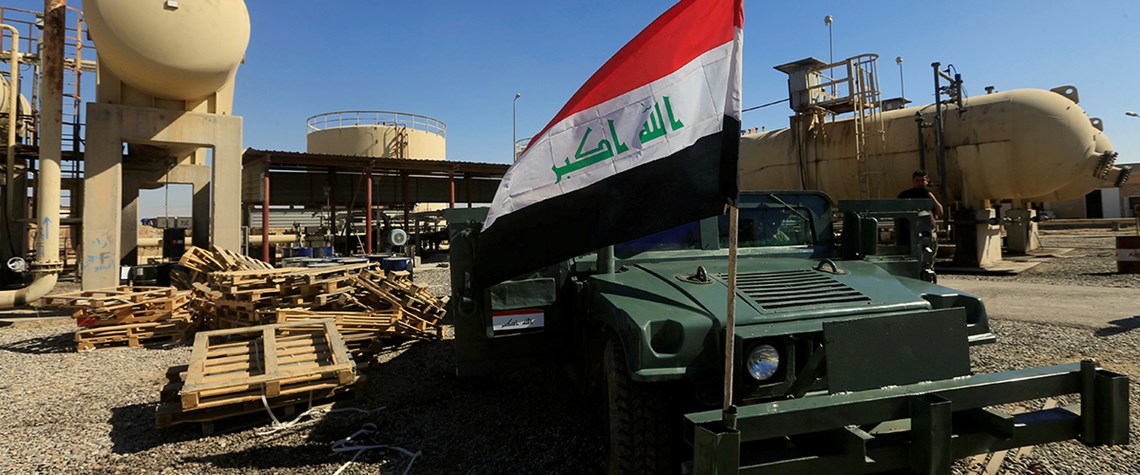Iraq close to a deal?
The outlook for the energy sector is bright, but the post-elections political prospects remain cloudy
Two narratives dominate speculation in the aftermath of the parliamentary elections in May, and one should be cautious in giving them credibility, because there'll be much political 'horse trading' in the coming months. The first narrative claims that the Sadrist populist movement, with strong support among Iraq's poorest Shia communities, won the election. This is misleading. The Sadrists, led by the unpredictable cleric, Moqtada al-Sadr, performed better than expected. His Sairoon bloc won 54 out of 329 seats, but its political clout is limited. For example, despite boycotting a parliamentary vote on an election recount, deputies voted it through. How much influence the Sadrists will have

Also in this section
18 February 2026
With Texas LNG approaching financial close, Alaska LNG advancing towards a phased buildout and Magnolia LNG positioned for future optionality, Glenfarne CEO Brendan Duval says the coming year will demonstrate how the company’s more focused, owner-operator approach is reshaping LNG infrastructure development in the North America
18 February 2026
The global gas industry is no longer on the backfoot, hesitantly justifying the value of its product, but has greater confidence in gas remaining a core part of the global energy mix for decades
18 February 2026
With marketable supply unlikely to grow significantly and limited scope for pipeline imports, Brazil is expected to continue relying on LNG to cover supply shortfalls, Ieda Gomes, senior adviser of Brazilian thinktank FGV Energia,
tells Petroleum Economist
17 February 2026
The 25th WPC Energy Congress, taking place in Riyadh, Saudi Arabia from 26–30 April 2026, will bring together leaders from the political, industrial, financial and technology sectors under the unifying theme “Pathways to an Energy Future for All”







